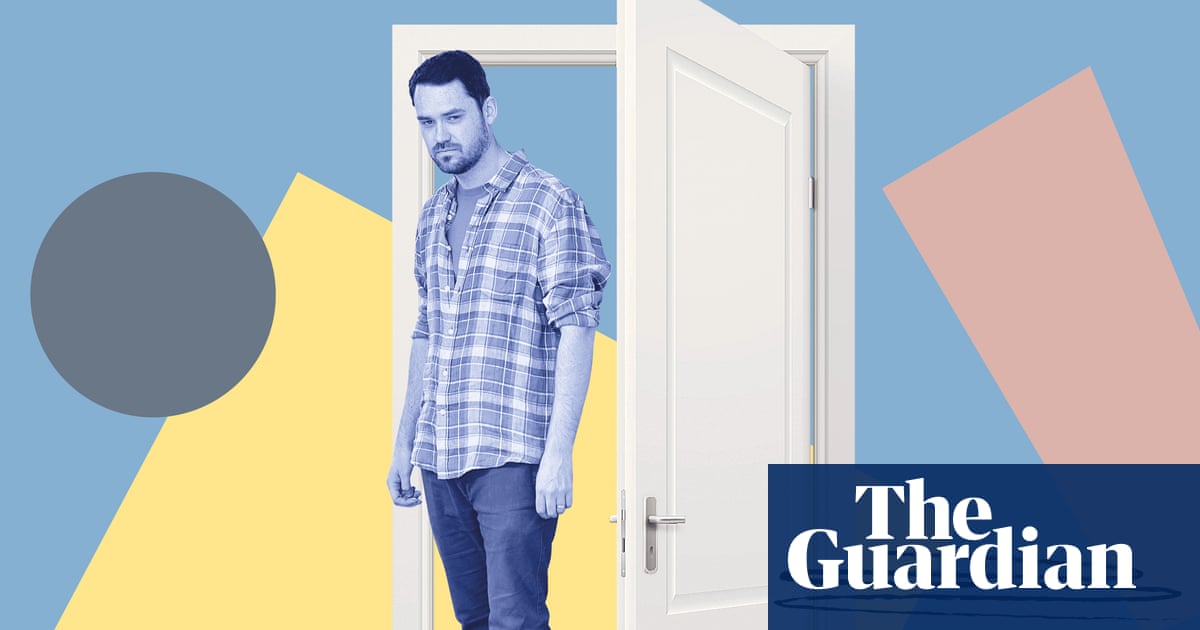
e’s a very sick man,” a doctor told me three days after my dad, Ranjith Chandrapala, was admitted to hospital with Covid-19. “You can FaceTime with him,” they added. That’s when I knew Dad was going to die.
Until then I’d hoped for a miracle, counting the advantages that would get Dad through this: his robust health, his excellent diet, his optimistic spirit. But at the point of his approaching death, I felt a physical shift, as if my innards were falling through me. Our relationship, which had sustained me for my entire life, was about to end. The doctors wrapped a phone in plastic before handing it to us to view the screen. We saw Dad lying on the hospital bed, beautiful in repose despite the ventilator tubes and medical equipment. We cried as we gave what we feared would be our last goodbyes.
He never woke up that night. A few hours after the call, he slipped away and out of our grasp forever. If hearing is the last sense that remains for the dying, then maybe he was listening. But I still feel guilty that we couldn’t be there with him, when he had always been there for us.
Dad was a bus driver who arrived in London from Sri Lanka in the 1970s. He helped to keep the city moving during the initial wave of the pandemic. His bus route included Ealing hospital, the place where his life would end that evening in May.
Later that week, Dad’s funeral cortege drove past his bus garage. Drivers stood on the street to pay their respects. One rushed over and shoved flowers through the open car window. “For my brother,” he said. The man with the flowers, weeping tears of grief and anger, was touched by my dad’s grace and enraged at his pointless death.
The bus drivers looked at my dad’s coffin that day with the unmistakable appearance of men who had dodged a bullet. They were right to feel that way. According to a report released last week by UCL’s Institute of Health Equity, 27 bus drivers died of Covid-19 in London between March and May 2020. Accounting for factors such as age and ethnicity, bus drivers in London were more than three times more likely to die than people in the east and south-east of England, and more than twice as likely to die than your average Londoner.
The majority of drivers died in the very early stages of the pandemic. As the UCL report makes clear, they became infected in March before the lockdown even began. My dad contracted Covid in mid-April, a month before face masks were mandated on public transport; we had to buy him one. Middle door boarding, which would have kept my dad at a safer distance from infectious passengers, only became mandatory on Transport for London buses from 20 April. Some drivers complained of bus cabs that were not properly ventilated between shifts.
The UCL report lists 14 separate disease prevention measures undertaken by the bus companies, such as enhanced cleaning, restricted access to front seats and making depots safer. It’s clear there was a huge variation in the speed of bus companies’ responses. Some did most of the work to keep drivers safe before lockdown, while others didn’t act until the first wave had peaked in early April. It was not until early June – three months after the start of the pandemic – that all of these preventative measures were enacted across London. I strongly believe that bus companies did not do all they could, and that TfL failed in its basic job of overseeing the separate bus companies to ensure they acted in a timely manner.
Detailed as this report is, bereaved families such as ours are left with unanswered questions. What was the Department for Transport doing as the pandemic approached? How did it work with the scientific experts advising the governments? These are live questions. Since late December, another 12 bus drivers in London have died from Covid-19, bringing the total to 51. TfL must acknowledge that these were workplace fatalities.
Dad was proud to be a bus driver, but he did not sign up to die. We need the Department for Transport and the Treasury to acknowledge that bus drivers are doing an important and dangerous job and bring them into the life assurance scheme that covers NHS workers who have died during the pandemic.
Dad’s death has shattered my family. But we know that it is just one of thousands. Like many of those who have been taken during the pandemic, he died in the care of strangers, behind closed doors. Despite this, his death was still a public death: he died at the mercy of decisions made by people who have power and responsibility.
The deaths of bus drivers are a small fragment of a far greater picture. Care home residents, security guards, NHS workers: all must have their stories told. This is why we need a public inquiry. As the Covid-19 Bereaved Families for Justice group has argued, the government must commit to holding one as soon as possible.
A few days after Dad’s death I went to his flat. In a corner lay a guitar that he will never play again. By his bed was a notebook of his thoughts and poems, interspersed with Buddhist aphorisms. Dad wasn’t just a bus driver: he was a husband, a father, an artist, a philosopher, a living man intensely proud of being both Sri Lankan and British. Now it is time for us to repay that pride by committing to a public inquiry.
Leshie Chandrapala lost her father, Ranjith, to Covid-19 in April 2020 and is a campaigner with the Covid-19 Bereaved Families for Justice group












